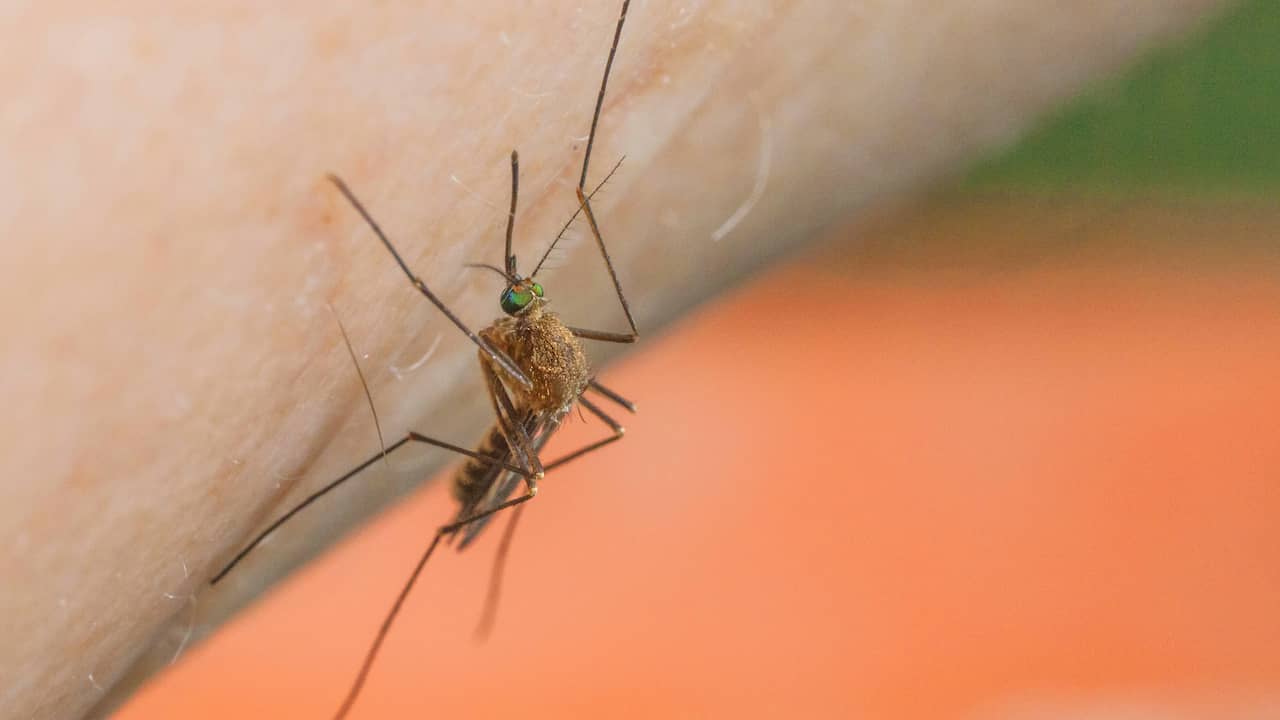The number of people infected with the West Nile virus in the Netherlands has now risen to seven. What is West Nile Virus, and should we be concerned?
What is West Nile virus and how is it transmitted?
The West Nile virus is a contagious virus that comes from birds and can be spread via mosquitoes to, for example, mammals and humans.
People cannot transmit the virus to each other, but it can happen that someone becomes infected through a blood or organ transplant.
The West Nile virus was mainly found in Africa, the United States, the Mediterranean and Eastern Europe. In recent years, the virus has spread further to Central Europe and the rest of the world.
What are the consequences if you become infected with the West Nile virus?
According to the RIVM, four out of five people do not develop any complaints after an infection. Those who do develop symptoms experience mild flu-like symptoms such as fever, headache or muscle pain.
In 1 percent of all cases, the virus can lead to a serious illness, such as encephalitis or meningitis. The chance that someone dies as a result of this is about 4 to 14 percent, writes the RIVM. This chance is considerably higher in the elderly, up to 29 percent.
Where did the West Nile virus appear in the Netherlands?
Last summer, researchers found the West Nile virus in birds and mosquitoes in the Netherlands. The first infection with the West Nile virus in a person in the country was first diagnosed in October 2020 in the Utrecht region. The RIVM thinks that this person contracted the virus from a mosquito bite.
Another five others from the region tested positive for the virus not much later. According to the institute, patients in the Utrecht region contracted the infection in July or August.
RIVM announced a seventh infection last week: this patient comes from the Arnhem region and was probably infected in October.
What do these infections say about the spread of the virus?
“We know that with the seven established infections we are looking at the tip of the iceberg”, Hans van den Kerkhof, infectious disease control doctor at RIVM, told NU.nl.
“We assume that for every hospitalized patient a hundred – or considerably more – people have gone through the infection. But we don’t know exactly how the virus spread in the Netherlands.”
The transmission season is related to the mosquito season, which in southern Europe runs from about May to October or November, explains Van den Kerkhof. “It is a bit colder here, so you would think that the season here is also a bit shorter. I cannot give any guarantees, but I think that the contamination risk in the Netherlands will decrease rapidly at the moment and will soon be negligible.”
It is not yet possible to predict how the virus will spread during the mosquito season next year. The RIVM expects to issue an advisory report on preparations for that mosquito season in December.
Do we have to worry?
“In general, the Dutch don’t have to worry much yet,” says Van den Kerkhof. “In central and southern Europe there were about 330 infections last year, on an enormous number of people. Then that is of a completely different order than, for example, the number of infections with the corona virus.”
The course of the disease is not a cause for concern in the first instance. Although the disease can have a serious course in some cases, most people do not or hardly become ill. Van den Kerkhof: “You don’t have to go to the doctor for every mosquito bite. That’s really not an issue.”
“What we are concerned about is that it can also be transmitted via blood transfusions. Sanquin blood bank will therefore check blood donations in the Utrecht region for the occurrence of the virus. People who use blood transfusions are already struggling with poor health and have therefore more likely to develop a serious disease course. “
– .


